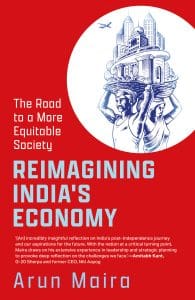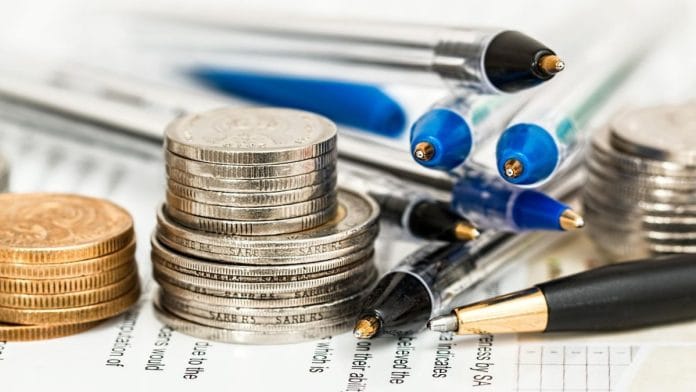The challenge for India’s Planning Commission in 2009 was to recouple growth with inclusion and sustainability. It had to set targets for the growth of the economy, inclusion of society, and sustainability of nature. It had mathematical methods for measuring economic growth to decimal points. It did not have good definitions of social inclusion and environmental sustainability. Employment is one measure of inclusion. Even now, fifteen years later, economists are debating how to define employment and how to measure it. They are throwing statistics at each other, which are incorrect, or at best incomplete representations of reality.
What constitutes a green economy also continues to be debated. The accepted definition of a green economy is an economic system that improves human well-being while reducing environmental risks. It is based on the principles of sustainability, resource efficiency and social inclusion—justice and dignity—alongside a healthy planet, good governance and accountability, resilience, efficiency and sufficiency.21 In fact, the development of balanced scorecards which account for the social and environmental impacts of economic growth has become a global industry.
Economists simplify systems to make them legible for themselves. Robert Lucas, who received the Nobel Prize in Economics for expounding the ‘rational-expectations’ view of human behaviour, referred to a theory as something that can be put on a computer and run. Many economists insist on equations and numbers because that is what computers can compute. Whereas economists should study human behaviour as it is, not as they find more convenient to model. Many forces that shape societies and economies cannot be easily measured, such as the trust of citizens in institutions and their perceptions of fairness. Such substantial forces must not be excluded from a model which seeks to explain the behaviour of a complex, self-adaptive, social system.
Economics must shift to a new paradigm of systems thinking to find solutions for inclusion and sustainability along with growth. The economy must serve society, not the opposite. Economists must listen to the cares in the hearts of human beings rather than teaching humans to think like rational economists.
Also read: Nirmala Sitharaman asked for a change that made finance secretary Garg quit the IAS
Money is a mathematically convenient currency to convert values of society and nature into economic terms and measure the growth of an economy. However, too much is lost in the translation of nature and society into money. The essentials of social inclusion, with qualities of fairness and justice, are squeezed out when human beings are defined as either resources or capital.
All sciences have their own lenses through which they make sense of complexity, and they have their own terminologies. Capital, resources, money, productivity, and trade are some principal concepts with which economists map complex systems.
Economists see nature, and even humans, as potential resources for production and profit. Economists looking at trees will see timber for production, whereas environmentalists looking at the same trees will see sources of shelter and sustenance for animals, birds, and insects. To an economist, the land is potential financial capital. To a community, their land provides them a place to live, and its soil nurtures their crops and provides them with food. An economist sees a woman caring for her family at home as an underutilized resource for the economy. A sociologist may see her role as crucial for the sustenance of the family.
Human beings have always considered nature as a provider of resources for their sustenance, aeons before the Industrial Revolution. They ate fruits, grains, and animals for food. They gathered sticks and leaves to build shelters and for fuel. In nature, all species use other species as resources and sustain others in natural life cycles in a collective dance of life.
Natural resources became commodities when methods were developed to store them and transport them. Thereby, producers and buyers of commodities became separated from each other and were reconnected by trade in markets for their produce. Purchasers bartered what they had exceeding their own consumption needs with others who had surpluses of other goods beyond their requirements.
 This excerpt from Arun Maira’s ‘Reimagining India’s Economy: The Road to a More Equitable Society’ has been published with permission from Speaking Tiger Books.
This excerpt from Arun Maira’s ‘Reimagining India’s Economy: The Road to a More Equitable Society’ has been published with permission from Speaking Tiger Books.






